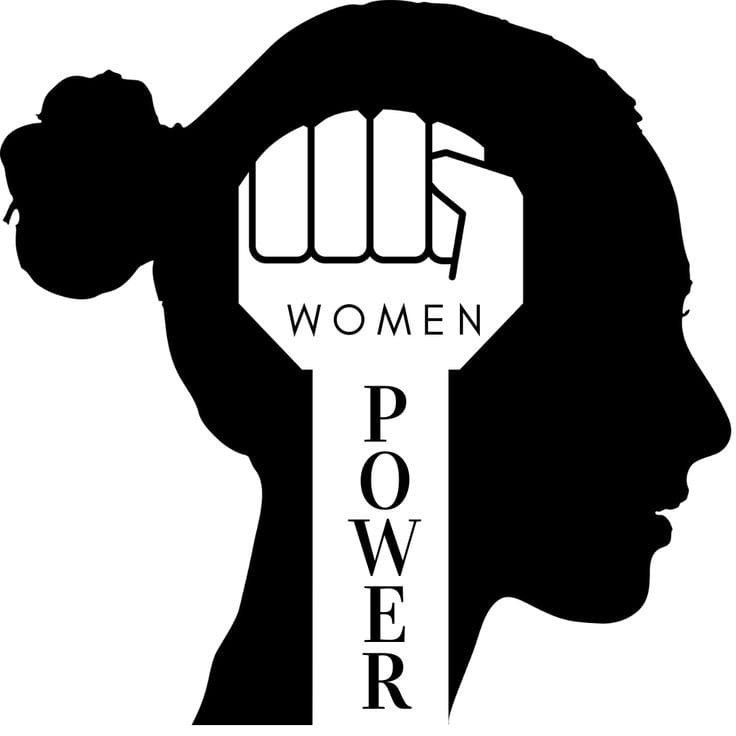India’s Leadership Gap: Where Are the Women?
31 August 2025
By Tina Sarkar
Why Has No Woman Ever Been Vice President of India?
The Vice Presidential election is not just another political event; it is also a mirror held up to our democracy. In that mirror, women remain nearly invisible. India has seen women as President, Prime Minister, and Speaker, yet the Vice Presidency has never been touched by a woman’s presence. This silence is telling. It forces us to ask: in a country where women have always been at the frontlines, as voters, as protestors, as breadwinners, why are they still absent from the second-highest constitutional office?
Barriers to Representation
Politics in India has always been a space built and guarded by men. Women step into rallies, cast their votes, and even carry political movements on their shoulders, yet when it comes to leadership, they are pushed to the sidelines. At present, only Mamata Banerjee and Rekha Gupta stand as women Chief Ministers, just two voices among dozens of men leading states. Entire states have never trusted a woman with their top seat of power. This absence is not a coincidence; it is the outcome of centuries of conditioning that still whispers that politics is a man’s game.
Legislative Assemblies: Numbers That Tell the Truth
Women remain vastly underrepresented in legislative assemblies across India. Nationally, they occupy just 9% of seat-share in state assemblies, Chhattisgarh leads with 14–18%, while Himachal Pradesh and Mizoram lag behind at near-zero representation. In newly elected assemblies of Chhattisgarh, Telangana, MP, and Rajasthan, female representation remains well below the one-third target proposed by the Women’s Reservation Bill, 21% in Chhattisgarh, around 8% in Telangana, and declines in MP and Rajasthan.
The Women’s Reservation Bill—Promise vs. Reality
The Women’s Reservation Bill, which ensures 33% representation in Parliament and state assemblies, has been celebrated as historic. Yet, reservation alone cannot dismantle barriers of mindset. Unless political parties actively place women in positions of power, not as tokens but as leaders, real equality will remain out of reach.
Why It Matters
The absence of women in the Vice Presidency is not only symbolic. It signals to every young girl in India that power is something still withheld from her reach. Representation matters because it shapes imagination. A girl seeing a woman in power learns to believe that her voice, too, can carry weight. Until women are trusted to lead at the highest levels, India’s democracy remains incomplete.
Conclusion
Women don’t need permission to lead; they already carry families, communities, and movements on their shoulders. What they need is space. The Vice Presidency may seem distant, but its emptiness speaks loudly: India will not be a truly equal democracy until women are seen not just as voters or supporters, but as leaders who belong at the very heart of power.


